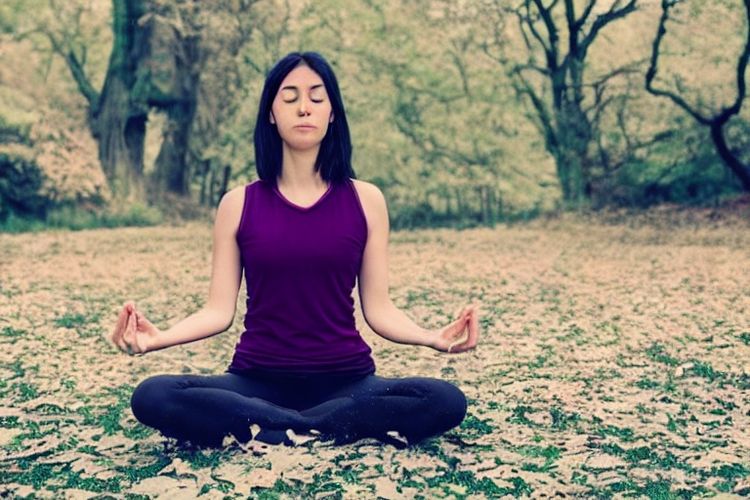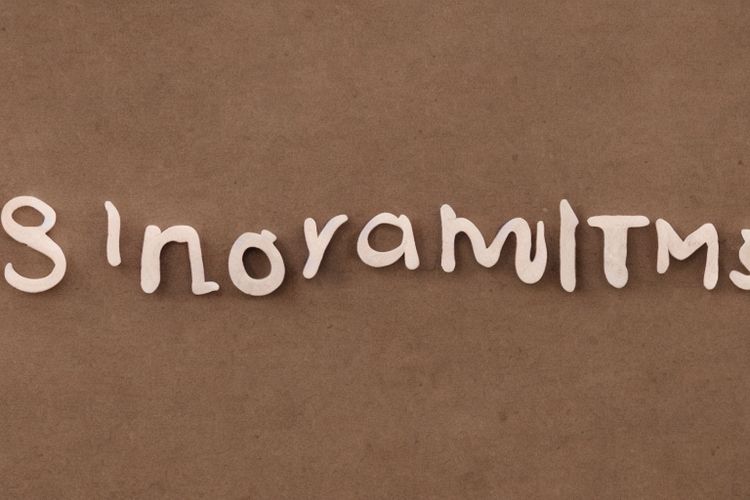Mindfulness vs. Meditation: Comparing Techniques for Stress Relief and Mental Well-being

In today’s fast-paced society, stress and mental well-being have become major concerns for many individuals. With the rise of mental health issues and the need for effective stress relief techniques, mindfulness and meditation have gained significant attention. However, confusion often arises when distinguishing between these two practices. Let’s delve deeper into the world of mindfulness and meditation, comparing their techniques for stress relief and mental well-being.
Firstly, mindfulness can be defined as the deliberate act of paying attention to the present moment without judgment. It involves becoming fully aware of one’s thoughts, feelings, bodily sensations, and the environment around them. Mindfulness aims to bring an individual’s attention to the present, preventing them from dwelling on the past or worrying about the future.
On the other hand, meditation is a broader term that encompasses various techniques aimed at achieving a mentally clear and emotionally calm state. There are different forms of meditation, including focused meditation, transcendental meditation, and loving-kindness meditation, among others. While mindfulness is a form of meditation, not all forms of meditation involve mindfulness.
One defining characteristic of mindfulness is its emphasis on awareness in everyday activities. Mindfulness can be practiced at any time and in any setting. Whether it is mindful eating, walking, or even engaging in a conversation, the focus remains on being fully present and aware of the experience. This practice allows individuals to better manage stress, enhance concentration, and maintain emotional balance throughout their daily routines.
Meditation, on the other hand, often takes place in a more structured setting, where individuals set aside dedicated time to practice. This usually involves sitting in a quiet space, closing the eyes, and focusing on a specific point of concentration. By redirecting one’s attention away from the stressors and disturbances of daily life, meditation cultivates mental tranquility and stress relief.
When it comes to stress relief and mental well-being, both mindfulness and meditation offer numerous benefits. Research has shown that mindfulness can help reduce anxiety, lower stress levels, improve focus, and regulate emotions. By training individuals to observe their thoughts without judgment, mindfulness allows them to detach from stressors and gain a clearer perspective on situations.
Meditation, on the other hand, has been found to decrease symptoms of depression, improve attention span, boost creativity, and enhance overall well-being. By consciously setting aside time to disconnect from external distractions, individuals can create a serene mental space that promotes relaxation, self-reflection, and stress reduction.
While both mindfulness and meditation have their merits, it is essential to find the approach that best suits each individual’s needs and preferences. Some individuals may find the everyday mindfulness approach more accessible and manageable, as it can be incorporated seamlessly into their existing routines. Others may benefit from a dedicated meditation practice that allows them to fully immerse themselves in the experience of relaxation and self-discovery.
Ultimately, the goal of both mindfulness and meditation is to enhance stress management, promote mental well-being, and improve overall quality of life. Whether you choose to explore mindfulness in everyday activities or engage in formal meditation practice, both techniques provide valuable tools for achieving an inner sense of calmness and equanimity.
In conclusion, mindfulness and meditation are powerful techniques for stress relief and mental well-being. While mindfulness emphasizes present-moment awareness in everyday activities, meditation involves formal practice aimed at achieving mental clarity and calmness. Regardless of the approach chosen, incorporating mindfulness or meditation into daily routines can lead to reduced stress levels, increased focus, enhanced emotional balance, and a more fulfilling life.



